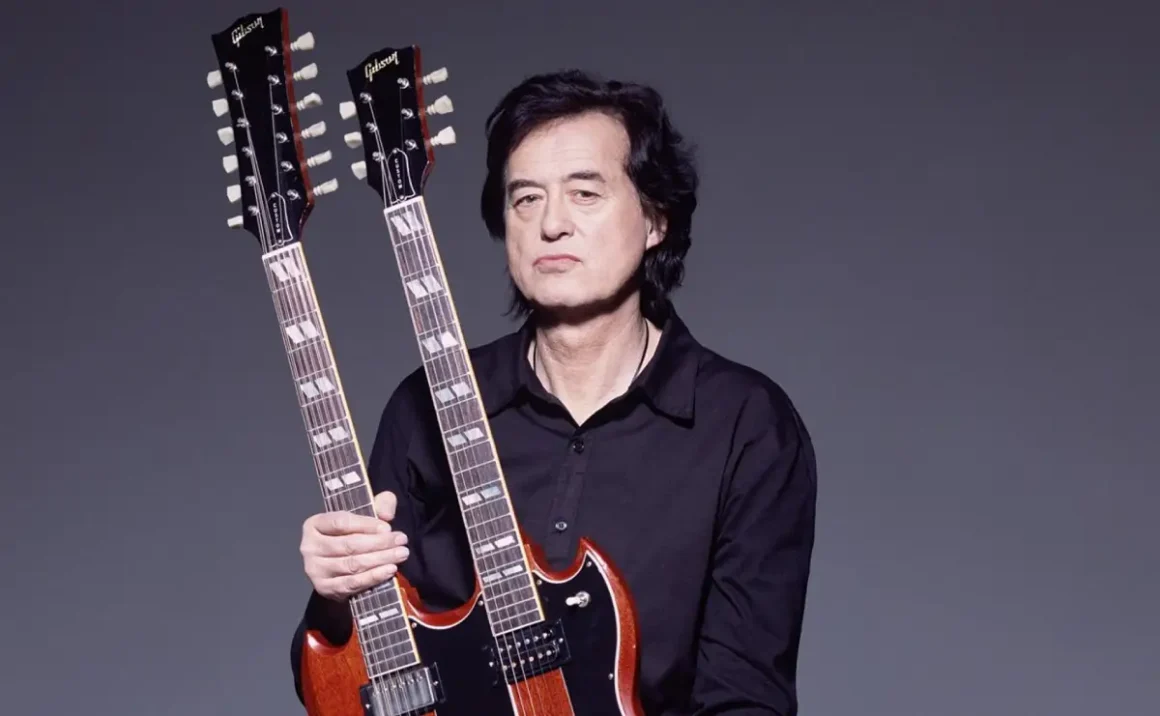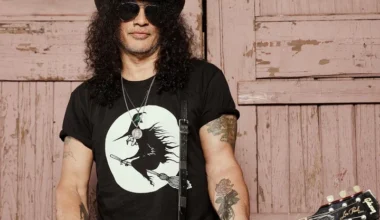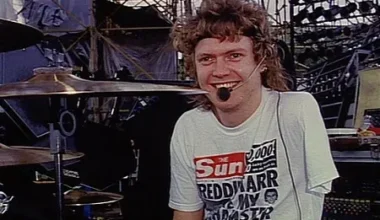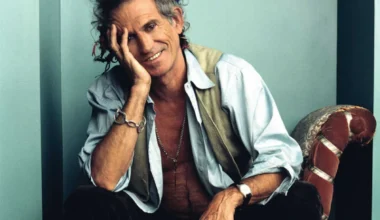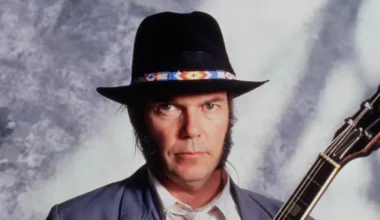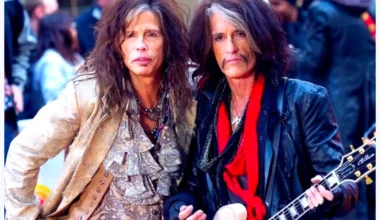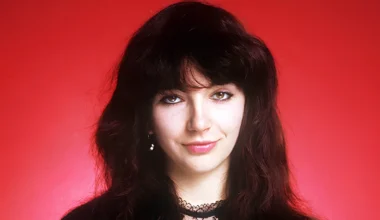The majority of people should be familiar with The Yardbirds and their greatest hits, including “For Your Love,” “Heart Full of Soul,” and “Shapes of Things.” But this band’s significance as one of the most influential of the 1960s had nothing to do with these releases. The Yardbirds served as a kind of training camp for Eric Clapton, Jeff Beck, and Jimmy Page—arguably the three greatest British rock guitarists.
The Yardbirds were one of London’s blues-focused bands when they first started in 1963, the same year The Rolling Stones arrived. Top Topham played guitar in the original lineup, but Clapton took over after just five months of performances. During their early performances, the band performed covers of Howlin’ Wolf, Muddy Waters, Bo Diddley, Sonny Boy Williamson II, and Elmore James classics from the Chicago blues scene.
The Yardbirds, like many other R&B groups in London at the time, including The Rolling Stones, started to lean more and more towards radio appeal and pop sensibilities. Clapton, his band’s Brian Jones, voiced his displeasure with the move, which caused friction in the creative process. By the time the group began recording For Your Love, their debut album, Clapton was publicly distancing himself from a number of the original songs.
In his book Eric Clapton FAQ: Everything That’s Left To Know About Slowhand, David Bowling claims that the guitarist had a problem with the popular song “For Your Love.” When the song appeared on record store shelves on March 5, 1965, Clapton had already started packing. Only eight days later, he quit the band, giving Page free reign. Page turned down the offer at this point and recommended Beck as a worthy substitute.
In an interview with Rave Magazine later in 1965, Clapton discussed his departure from the Yardbirds. Though he acknowledged some regret, mainly for the band’s recent financial success thanks to “For Your Love,” he insisted that he was not happy with his job. He remarked, “I don’t want to criticize the Yardbirds because that would just come across as sour grapes.” They can be incredibly talented and are the best pop and R&B groups. To be honest, I miss a lot of things from the past and them. I did spend all that time with them, and sometimes I wonder what they’ll be doing, even though we had more downs than ups.
In 1977, Page discussed his early career as a session guitarist in an interview with Trouser Press. Page established a strong reputation in the London scene with session work for The Who, The Rolling Stones, Shirley Bassey, and Them. He remembered, “It was just like a little clan.” “[Pete] Townshend was sort of on the periphery, and Beck, myself, and Clapton were sort of ‘arch-buddies.'”
Page knew Clapton well, having been a friend and rival since 1963 when The Yardbirds first formed. Page claims that he decided in 1965 to stay out of the band to respect Clapton. “I suppose after they performed “For Your Love,” it was probably fairly obvious to them. That was not at all how Clapton felt, Page thought. “They were already using harpsichords and other instruments by then, and Clapton felt like he was just tired of it.” The other members of the group, particularly [Giorgio] Gomelsky, desired to proceed in that direction more.
Giorgio Gomelsky, the manager, started moving behind closed doors to replace Clapton. He started by going up to Page. Page remarked, “Gomelsky said that Eric was going to take a ‘holiday,’ and I could take over and replace him. I declined because it seemed disgusting the way he was putting it to me. Since Eric had been a friend of mine, I was unable to attend that. Furthermore, Eric was unwilling to quit the band at that point.
Gomelsky approached Clapton again after he eventually left The Yardbirds. Page kept his word despite the recent turn of events. After more than a year, he eventually joined, initially playing bass, replacing Paul Samwell-Smith. Page first promised Beck that he would “sit in for a few months until they sorted things out.
What started as a kindness to Beck turned into a full-time labor of love. Page was able to join Beck on guitar when Chris Dreja quickly joined on bass. With Beck’s exit from the group in November 1966, Page was left to reassemble The Yardbirds by himself. Legal reasons forced the short-lived New Yardbirds to change their name, and they chose Led Zeppelin.

